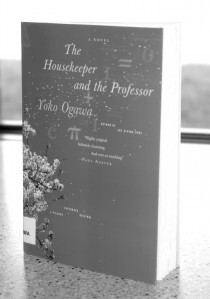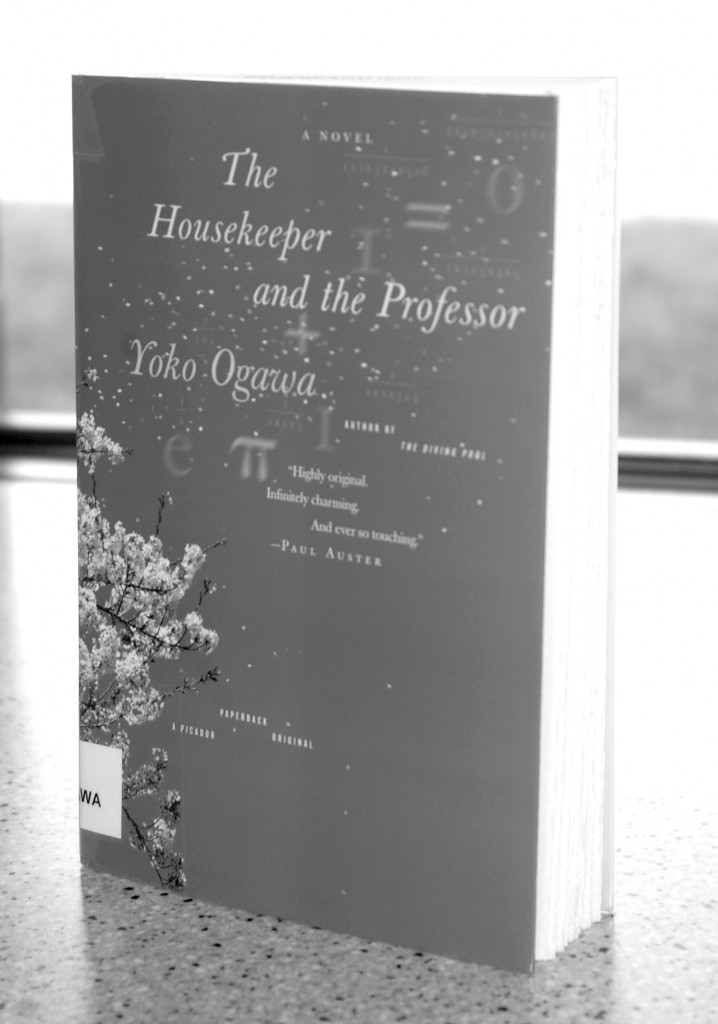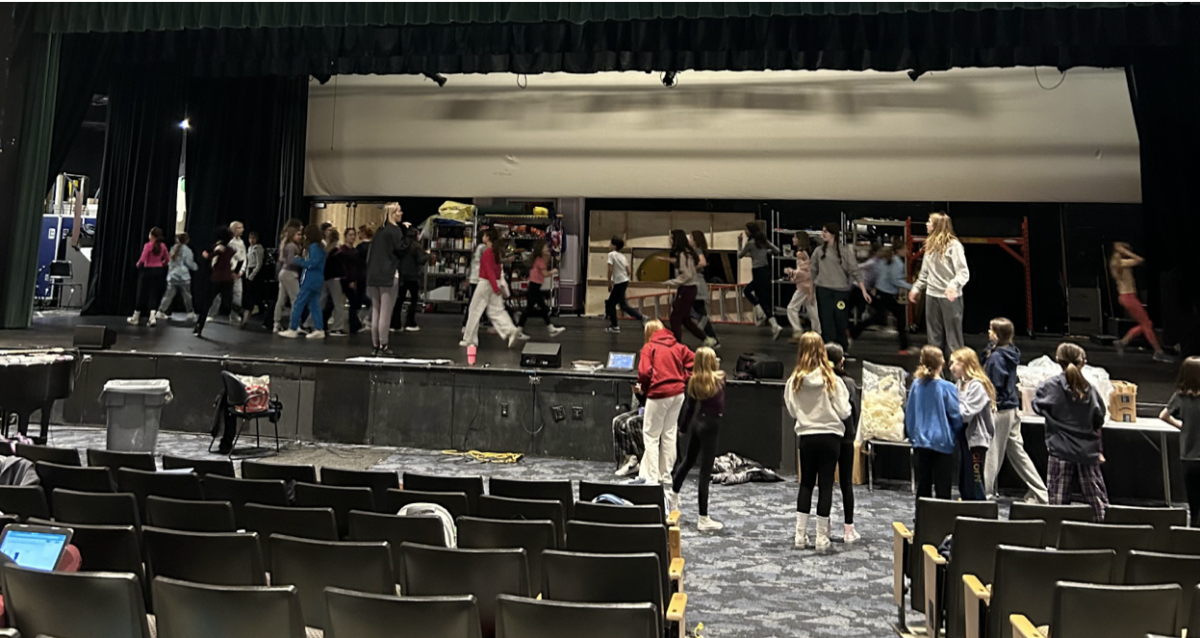Harris Durrani ’11
Opinions Editor

To kick off the decade, Westport Reads—an annual program to get the whole town reading the same book—has chosen Yoko Ogawa’s “The Housekeeper and the Professor,” a novel as simple and elegant as the mathematical equations which illuminate its pages.
The Japanese book plots the story of a housekeeper and her son as she works for an elderly math professor with an 80 minute short-term memory.
Taking place almost entirely inside the professor’s house, the story is much more of an emotional journey than a physical one.
Ogawa’s technical skill shines as characters move smoothly from serious, to funny, to happy, to frustrated.
The professor’s clothes, for instance, are always covered with little notes reminding him of equations—and people—he will quickly forget. Ogawa’s depiction of the notes is funny at times, depressing at others.
Each time they get ruffled or misplaced, it is as if an equation has been ruined, and as if the gentle balance of the professor’s mood, and of the entire story, has been splintered.
Throughout the novel, Ogawa leaves such characters unnamed. They are only represented as numbers or relationships between numbers.
The professor calls the housekeeper’s son “Root”, because the top of his head is shaped like a square root sign.
The housekeeper and the professor share the amicable numbers (the sum of the factors of one equals the other) 220 and 284 in her birthday and an inscription on his watch; the close-knit family, as they come to be, fall under the simple intricacy of the equation “eπi + 1 = 0.”
While names can be forgotten, the beauty of mathematics is always remembered, Ogawa implies.
In fact, her literary voice is only a by-product of her subject matter.
Her prose reads like a flawless proof—coherent and logical, yet also elegant and passionate.
And her language does not burn readers in fervor but rather washes over audiences with a tranquil, reserved kind of enthusiasm for the silent art of mathematics.
Students with interests in physics, math, or statistics will find a novel which does not praise mathematics mindlessly but gives good credit to the awe which many often feel for the simplicity in numbers and equations.
Students vested in literature will discover that same divine beauty in Ogawa’s words.
Student athletes might connect with the novel’s focus on the professor’s and Root’s love of baseball.
“The Housekeeper and the Professor” is a novel for everyone. This, in part, is what makes it such a great choice for a town–wide reading. Indeed, this is what makes it good literature.
However, Ogawa’s plot sometimes falls into the unoriginal.
There have been stories about memory loss and its social or philosophical implications.
There have been stories about math or science professors that do nothing but math or science because of their passion for their subject.
The baseball subplot is inspiring and brilliantly executed, yet might remind readers too much of the stereotypical sports movie; only Ogawa’s statistical take on the sport makes it above–average.
What turns her novel into something more than its clichéd parts is her effortless weaving together of all these “done–before” elements with a calming yet passionate voice that gives life to her story and characters.
It is also comforting to see a genuine outreach in Westport for foreign literature.
What many will learn from Ogawa’s novel is that “foreign” is not so foreign after all, but every bit as human as any other good piece of fiction.













































